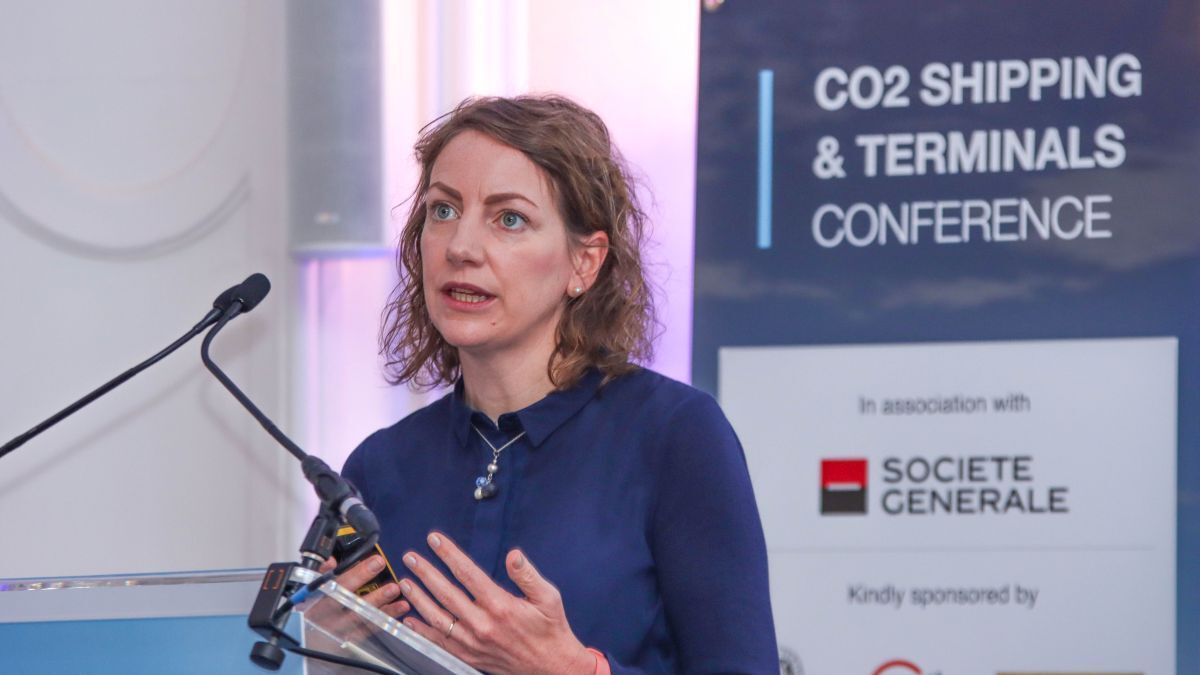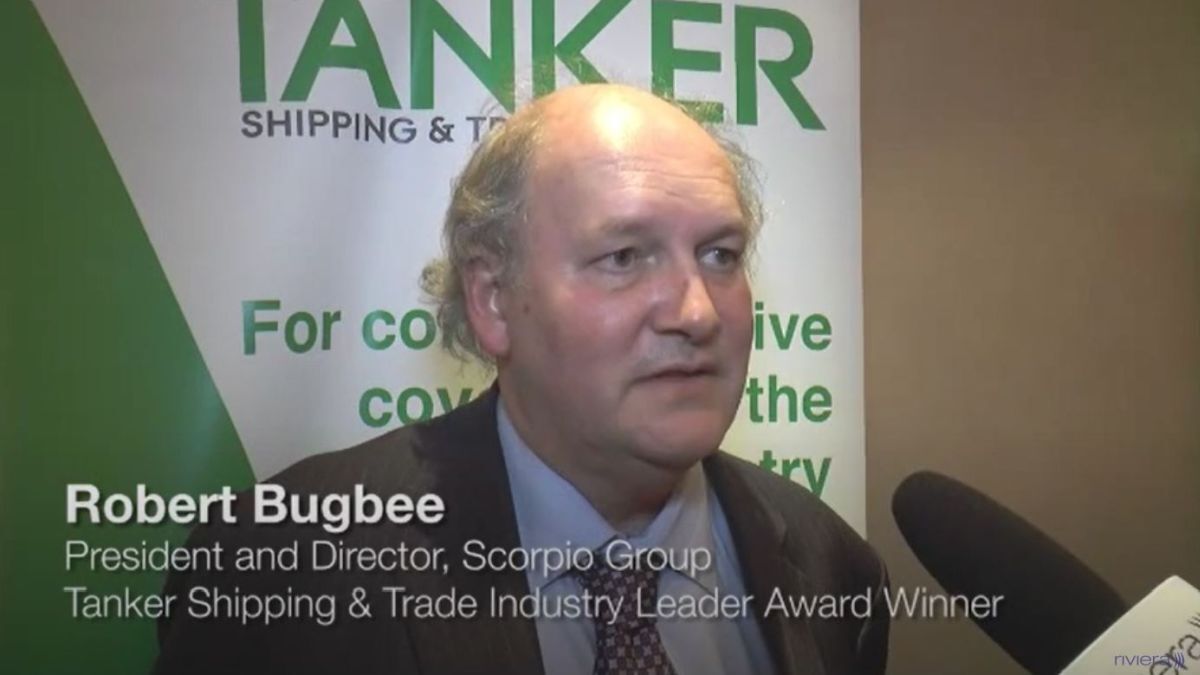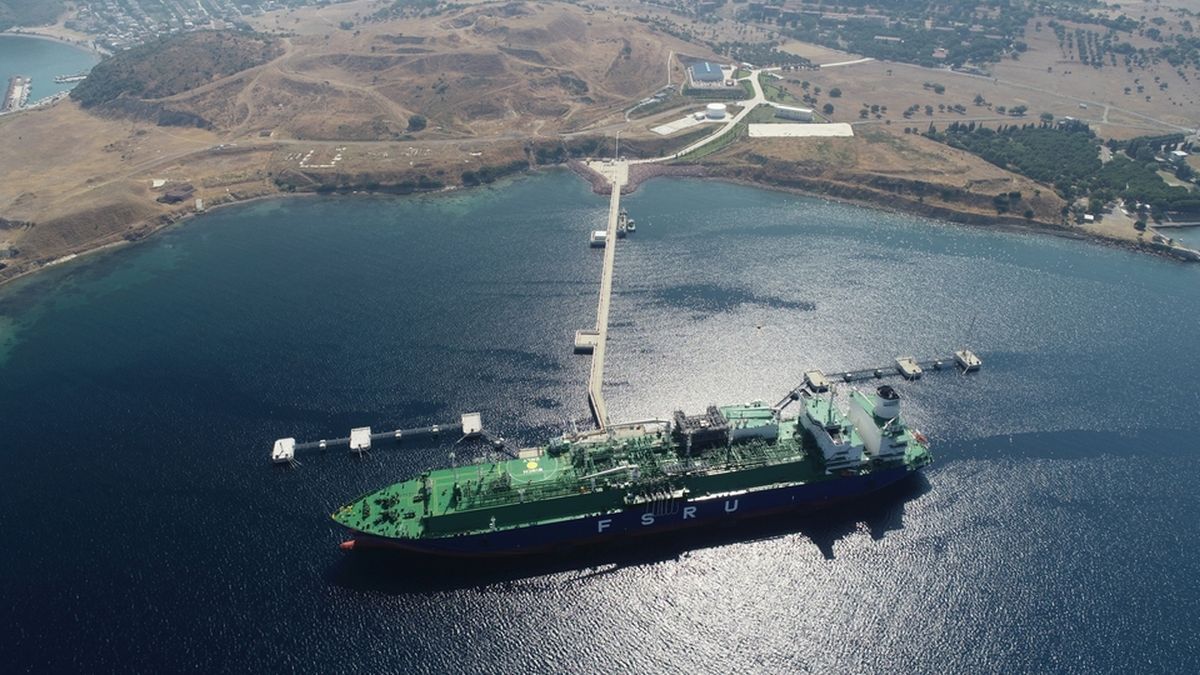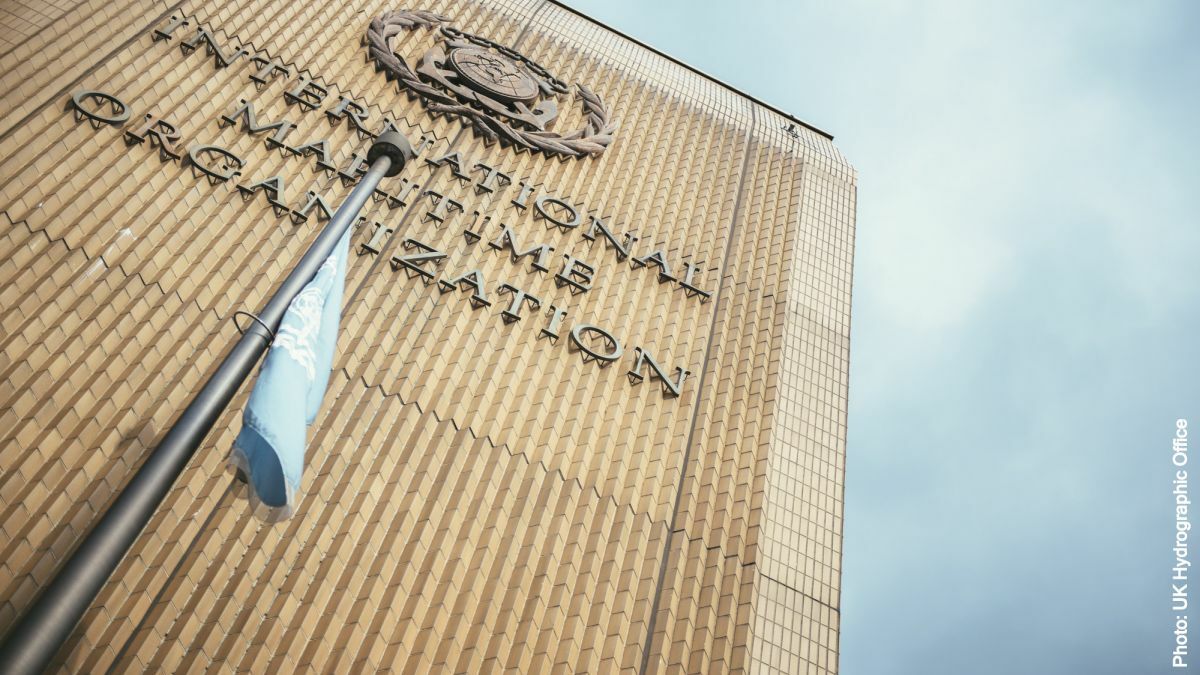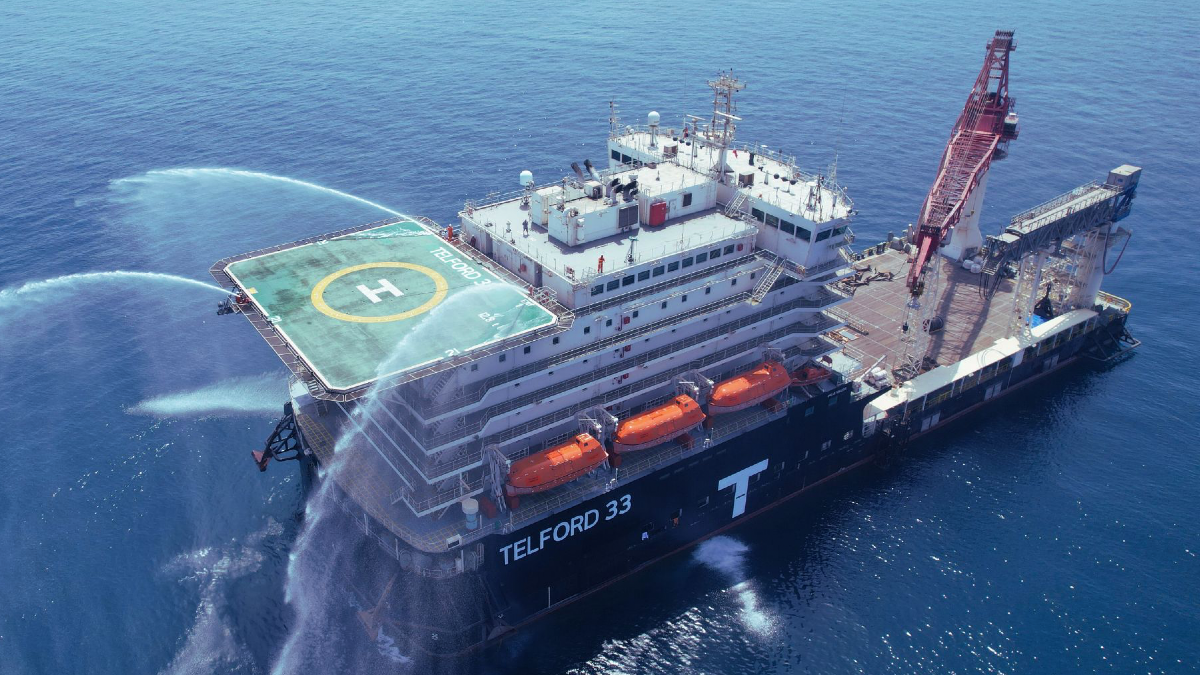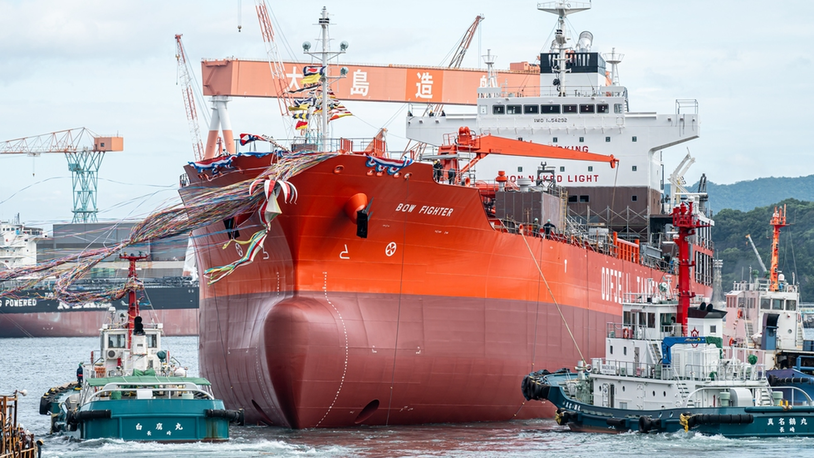Business Sectors
Events
Offshore Wind Webinar Week
Contents
Register to read more articles.
Understanding the UK's vision for carbon capture, utilisation and storage
Released in December last year, the UK government’s policy document sets out a roadmap for carbon capture, utilisation and storage (CCUS) deployment, and the need for a competitive market to drive down cost
Carbon Capture and Storage Association (CCSA) chief executive Ruth Herbert and Norton Rose Fulbright partner Alistair Black illuminated some of the complexities and urgent needs within the broader carbon capture and storage (CCS) sector, looking particularly to the context of the British government’s recent UK CCUS Vision policy document, which aims to unlock £5.0Bn (US$6.3Bn) in economic growth by 2050 through a competitive carbon capture, utilisation and storage market.
Speaking at Riviera’s CO2 Shipping & Terminals Conference 2024, Ms Herbert began by outlining the role and structure of the CCSA, and its mission to accelerate the commercial deployment of CCS. "Our membership is very broad, covering the entire value chain from capture technology developers to those involved in transport and storage," she said.
A key focus of Ms Herbert’s presentation was the recent policy developments in the UK and she highlighted the government’s commitment to CCS over the past five years, marked by the publication of the CCUS Vision document.
This document, released in December last year, sets out a roadmap for CCS deployment, and the need for a competitive market to drive down cost, "The CCUS Vision document is crucial as it outlines the government’s strategy to create a self-sustaining market by the 2030s," Ms Herbert noted.
Ms Herbert also provided updates on significant CCS projects, including key clusters such as Solent, Net Zero Teesside, and Zero Carbon Humber. These clusters are integral to the UK’s CCS strategy, serving as hubs for capturing and storing CO2 emissions.
She highlighted the progress of the HyNet and Northern Endurance projects, which are on track for final investment decisions by the end of the summer, "These projects are pivotal in meeting the UK’s target of capturing 20-30M tonnes of CO2 annually."
However, Ms Herbert acknowledged the regulatory challenges that lie ahead, and the need for a market transition phase and the adaptation of Contracts for Difference (CfDs) to accommodate CCS, "It’s essential to ensure all CfDs are adapted to allow for CO2 to arrive by different routes, which is a relatively straightforward yet crucial requirement," she explained.
The discussion then shifted to cross-border CO2 transport and storage, a topic Ms Herbert stressed is vital for the future of CCS, pointing out the importance of establishing cross-border agreements and ensuring operational flexibility within the UK regulatory framework.
"We need to encourage a variety of non-pipeline transport routes that are eligible and ready to take part in the system," she said, highlighting the need for international co-operation.
Mr Black expanded on the regulatory complexities at EU level and the interaction between different jurisdictions. He pointed out the challenges in aligning Emissions Trading Systems (ETS) across borders, "Currently, there is no mechanism that allows for cross-border credits, which is essential for unlocking the full benefits of CCS projects," Mr Black remarked.
This alignment is critical for ensuring that project sponsors and shareholders can move forward confidently.
Mr Black also discussed the legal and operational hurdles related to reciprocal utilisation and seabed rights and he highlighted the need for clear liability and subsidy frameworks to protect emitters across jurisdictions.
"The question becomes what happens if there is leakage along the way, and whether the emitter continues to receive the benefits of their subsidies," he explained, underscoring the need for reciprocal recognition of CO2 exports.
The London Protocol’s role in CCS projects was another key topic and that bilateral treaties incorporating the best aspects of the London Protocol are prerequisites for successful CCS shipping projects.
The application of the London Protocol to vessels remains a contentious issue, but it is crucial for ensuring seamless cross-border CO2 transport," he noted.
The UK election was not on the agenda, and with the upcoming general election, there is uncertainty about maintaining investment momentum in CCS.
Ms Herbert stressed the importance of clear timelines and regular allocation of CfDs to keep projects on track. "We need to ensure that CCS deployment is accelerated in tandem with the decline in oil and gas production to retain the skilled workforce and infrastructure necessary for CCS," she argued.
The role of CO2 shipping infrastructure was a recurring theme throughout the conference and both speakers underscored its importance in the overall CCS strategy, with Ms Herbert noting, "Shipping CO2 is essential for achieving resilience in places like South Wales and other areas of the UK."
Riviera’s CO2 Shipping, Terminals & CCS Conference, Americas will be held in Houston, Texas 16 September 2024. Click here to register your interest in this industry-leading event.
Related to this Story
Events
Offshore Wind Webinar Week
Maritime Decarbonisation, Europe: Conference, Awards & Exhibition 2025
Offshore Support Journal Conference, Americas 2025
© 2024 Riviera Maritime Media Ltd.


